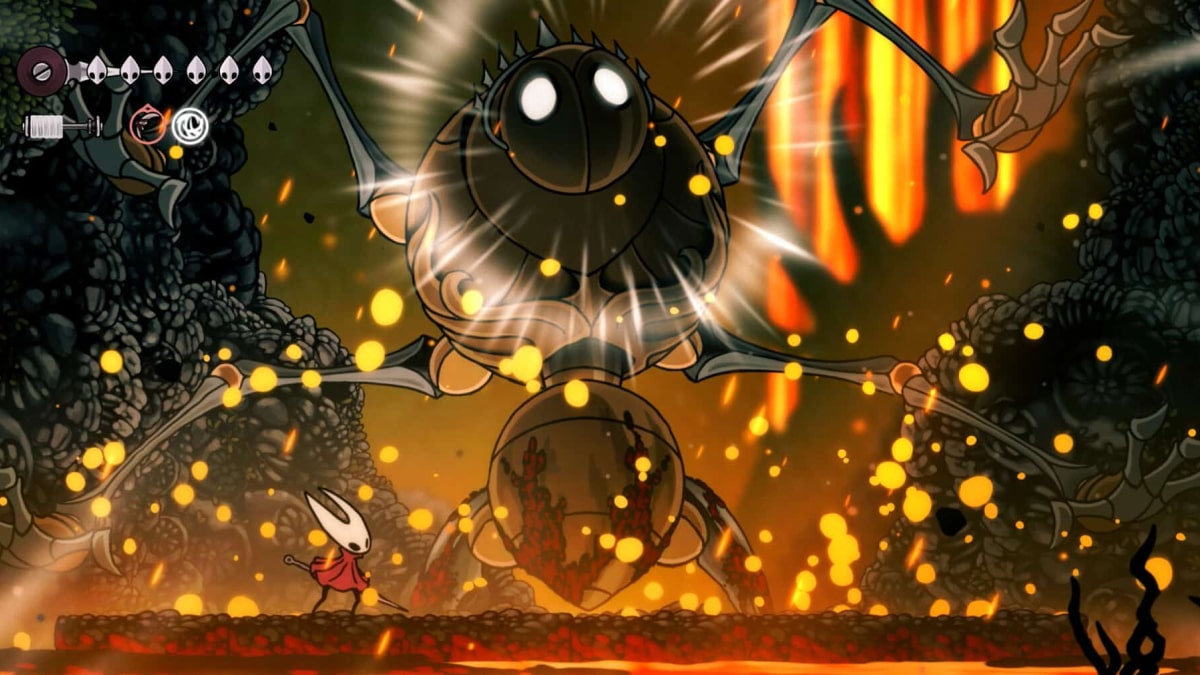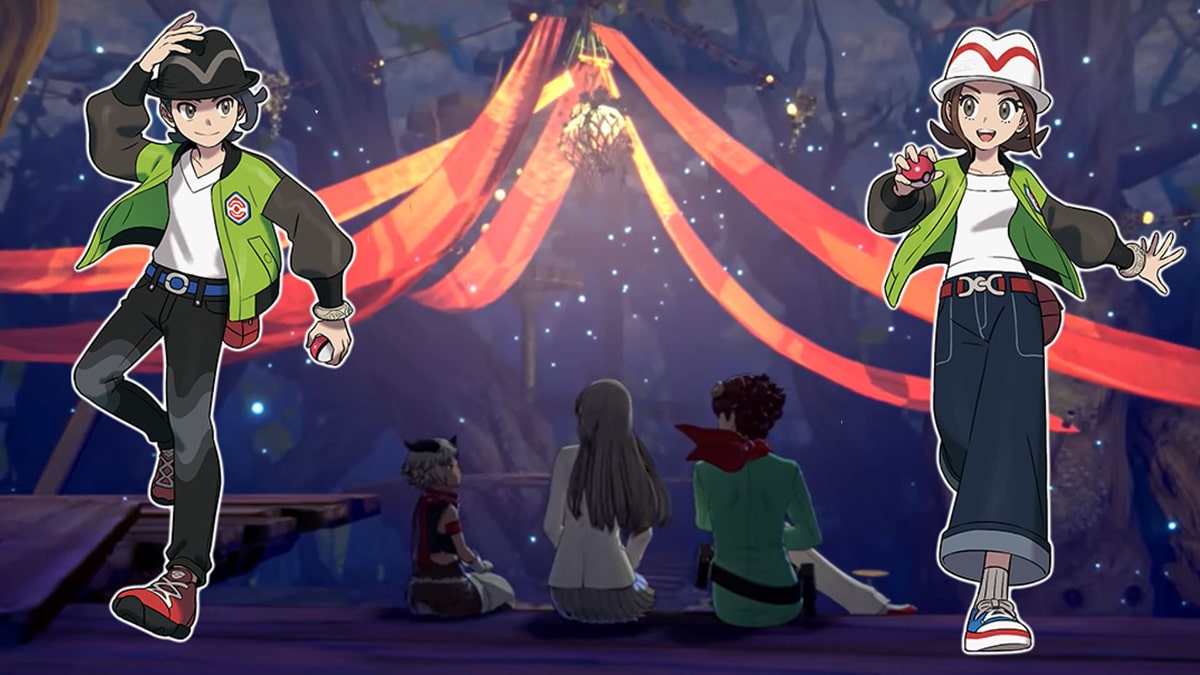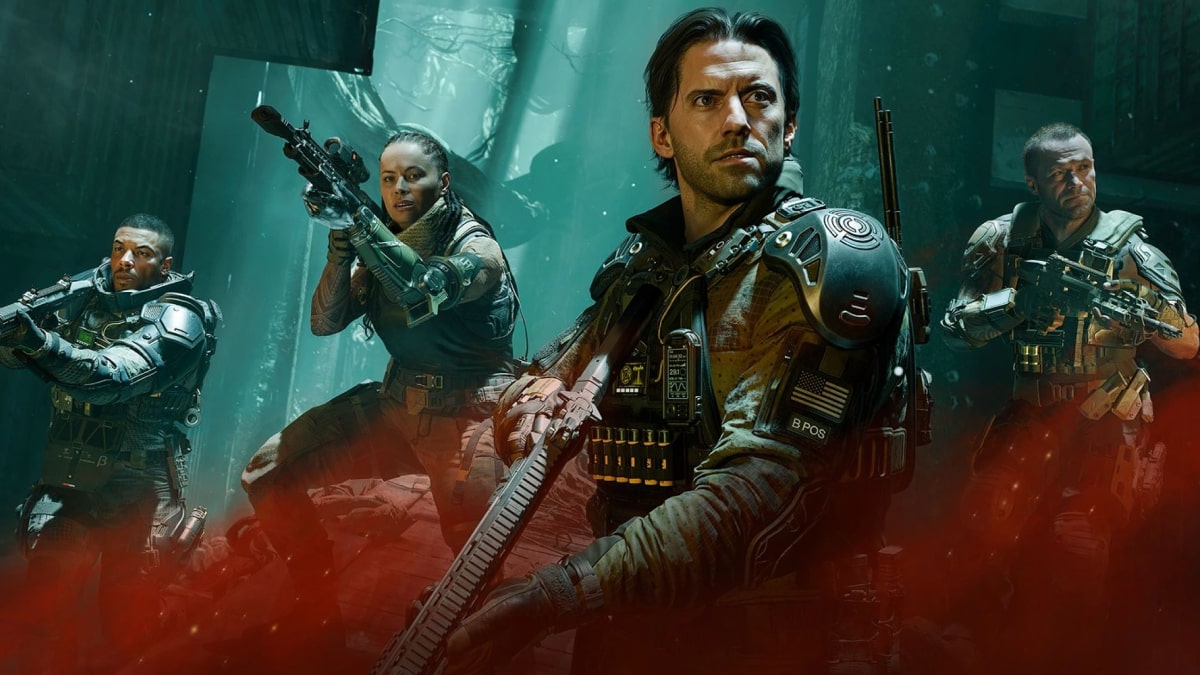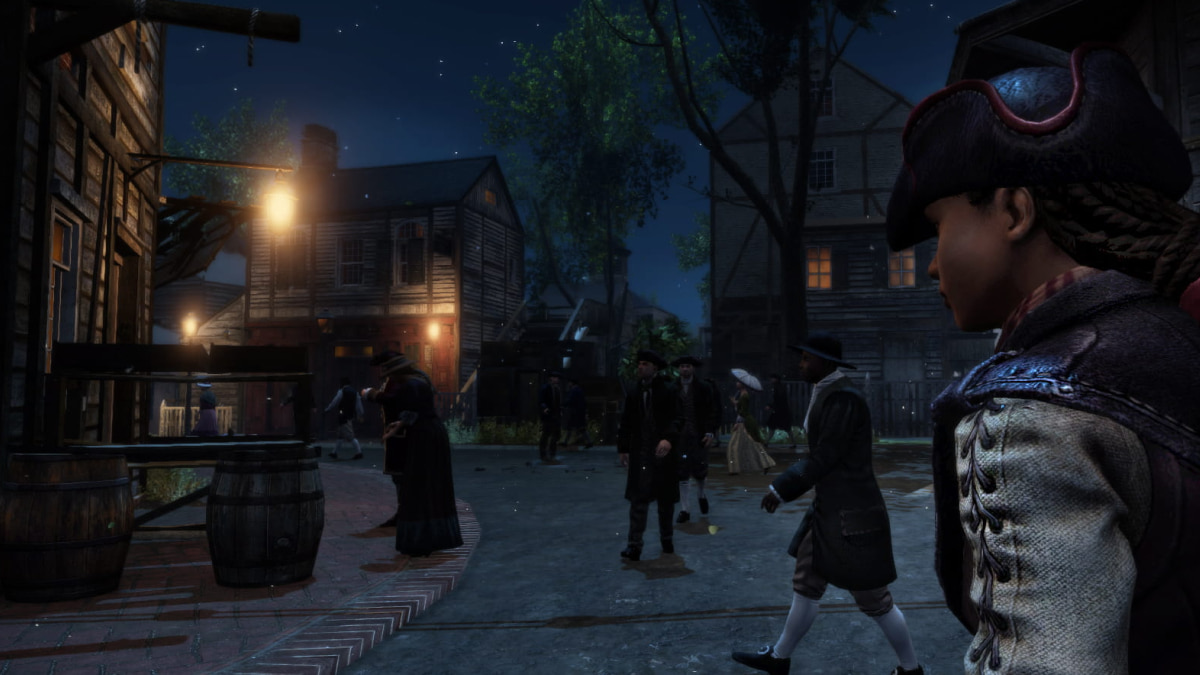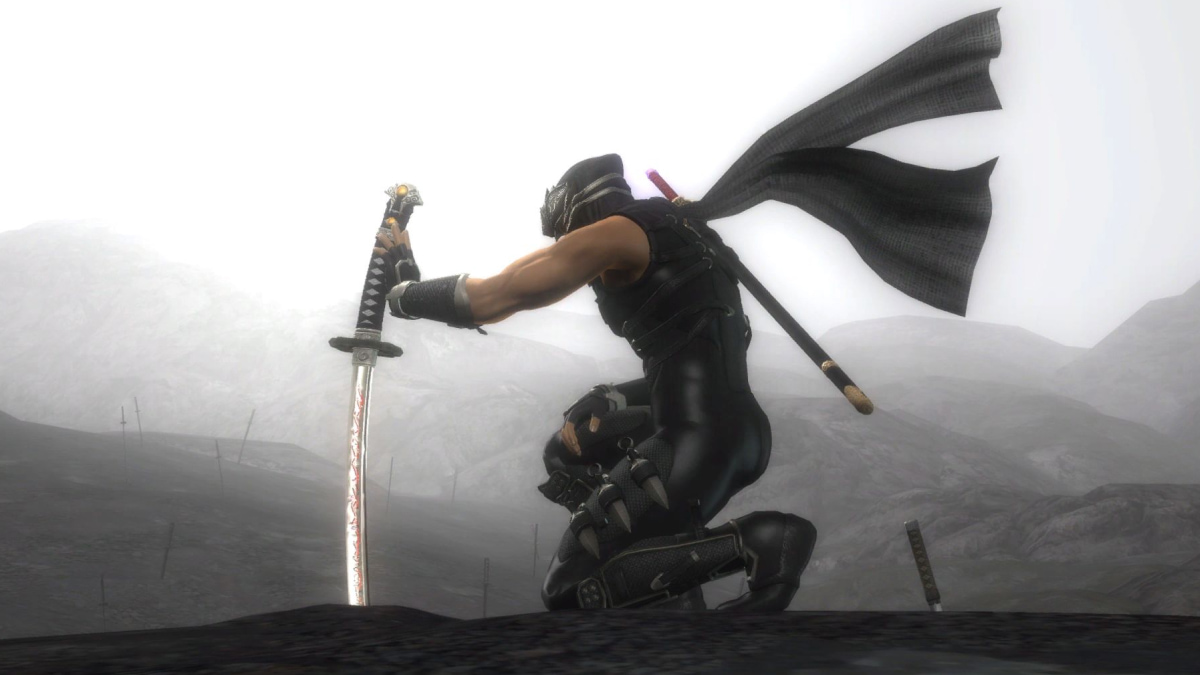You can trust VideoGamer. Our team of gaming experts spend hours testing and reviewing the latest games, to ensure you're reading the most comprehensive guide possible. Rest assured, all imagery and advice is unique and original. Check out how we test and review games here
Dishonored needs a sequel, for many of the same reasons that genre stablemate Hitman did back in 2000. It needs one because if it doesn’t get it, Arkane’s new IP will have been so close to greatness, yet missed it. Just.
Like IO’s first steps into the stealth genre, Dishonored has a cool premise, but it isn’t there yet. Granted, Dishonored is a far, far more coherent experience than the original Hitman game – the fact that it runs at all pretty much puts it higher than the Dane’s first attempt at an assassination sim.
Dishonored isn’t the mess that Codename 47 was, but I believe that a follow up – like with Hitman 2: Silent Assassin – would fix the game’s glaring flaws and produce something truly special. The two story-based DLC packs that have been released so far have attempted smaller, more incremental changes to the main problems with the game, but haven’t truly fixed them. Only a full-blown sequel can do that.
And those problems are easy to spot. The beauty of Dishonored – outside of its wonderful setting, which I’ll get to in a moment – is in using your supernatural powers to navigate the world. They give a feeling of omnipotence and power that should be the preserve of a master assassin, but you’ll only ever really need to use one, to the detriment of the others: Blink.
As the only mandatory power (in the main game, at least), it’s integral to the experience. It also makes it far too easy. Most of your problems can be solved by simply teleporting around from ledge to ledge, and Dunwall’s defences can do little to stop you. Rather than having to use your abilities as a toybox to navigate the world, instead you’ll often just have to look up. A problem if you’re a dog in the world of Shaun of the Dead, but not here.
(During a pre-release demo, Bethesda showed me a mission where you have to kidnap a non-combatant. It was a dense stage, with plenty of options: rewires, possession opportunities, silent takedowns. I hopped up onto two ledges, grabbed the target, and jumped into the boat. The PR team asked me to do it again, this time actually, you know, using the game’s various mechanics. They assured me that this was a pre-release build, and I wouldn’t be able to do it in the full release. No prizes for guessing if I could or not.)
While some would argue that you don’t have to use Blink, the question is why you wouldn’t use it. You’re meant to be the stealthiest thing since sliced F-117s. Why open up the possibility of being caught?
The world just isn’t really built for anything else, and it’s a waste of Antonov and co’s work. Dunwall is one of gaming’s great creations: a steampunk Victorian London of rigid class systems and loose alliances. The art style and direction is impeccable, the politics absorbing; a place to visit as well as slash and burn through.
But you see so little of it. Dishonored’s standout mission is Lady Boyle’s party. It was shown extensively pre-release, highlighting how close to Hitman the game apparently felt. Here, inside a giant manor teaming with guests, Blink was mitigated. You had to engage with the populace, use them for your own ends. You could sneak around how you wanted, but you couldn’t over rely on one power over another.
It was the one time in the game when you really had to combine powers to get the result you needed, and nothing like it was really seen again: a huge shame.
For any sequel, Arkane needs to ramp up these types of sections and reduce the level of simple infil/exfil missions. It also needs to work on enemy AI, and your options should the mission go sideways and you’re seen.
Early stealth titles had various approaches to enemy reaction upon detection. Splinter Cell had a detestable system of near-instant mission failure. Metal Gear Solid saw every guard in the area come running. So why then, does Dishonored – a game released nearly fifteen years after Kojima’s groundbreaking PSOne title – use a very similar system?
It’s utterly frustrating, not helped by the fact that enemy recognition rules aren’t that well defined. Sometimes they see you, sometimes they don’t. Stealth games need clear and consistent rules, but they also need to give you an out if you mess up. Reloading straight away doesn’t count.
Instead, I’d like to see Dishonored 2 use the system from MGS 2: alert one guard, and he gets a set time to call it in. Take him out, and you’re good to go. Dishonored tries to do this at the moment, but back-up arrives far, far too quickly.
These elements frustrate because the rest of the game is so accomplished. A Dishonored 2 with smarter AI, more defined rulesets, and less of a reliance on an overpowered ability would be something truly special.
Dishonored
- Platform(s): PC, PlayStation 3, PlayStation 4, Xbox 360, Xbox One
- Genre(s): Action, Adventure, RPG

/https://oimg.videogamer.com/images/d3ed/dishonored_66.jpg)
/https://oimg.videogamer.com/images/7a15/dishonored_63.jpg)

